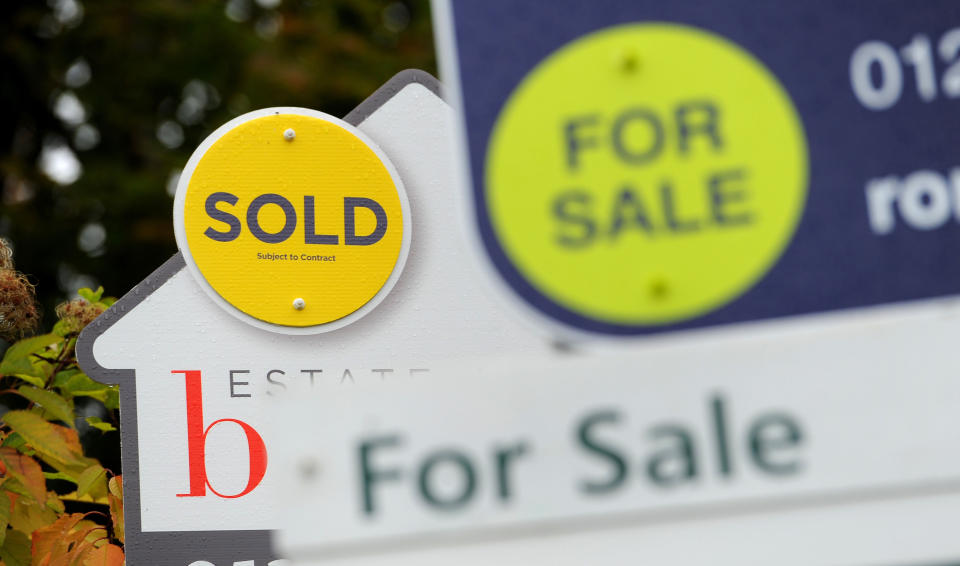Young people half as likely to own a home as two decades ago

Millennials’ chances of owning their own home in their early 20s have nearly halved over the past two decades, according to new figures.
Only 11% of people born in the mid-1990s were homeowners by the age of 22, compared to 21% of people born in the mid-1970s.
Many young people will be “stuck renting into retirement,” according to an analysis of official figures by the Local Government Association (LGA), which represents councils.
The LGA says home ownership is a “distant dream" for many would-be buyers as the high costs of renting privately prevent them saving for a deposit.
Rents now eat up more than half of average household earnings in some parts of London, according to the LGA.
READ MORE: How much first-time buyers need to get on the property ladder
Separate figures released by HomeTrack on Thursday show first-time buyers need an average household income of £54,400 to afford a mortgage for their first home.
Boris Johnson, the frontrunner in the race to be the next UK prime minister, is reportedly considering scrapping stamp duty on homes under £500,000 if Britain crashes out of the EU without a deal.
First-time buyers already benefit from lower or zero stamp duty depending on a property’s value, but analysis by Yahoo Finance UK suggests it could save them up to £10,000 on their first home.
READ MORE: Boris Johnson could slash stamp duty on homes under £500,000

Martin Tett, LGA housing spokesman and leader of Buckinghamshire county council, said: “Home ownership remains a distant dream for most young people, with the high cost of the private rental sector meaning many are unable to save for a deposit to get on to the property ladder and face the prospect of being stuck renting into retirement.”
The LGA is calling for more powers for councils to build new social housing and take control of the right-to-buy scheme ahead of its annual conference next week.
Lindsay Judge, senior policy analyst at the Resolution Foundation, told Yahoo Finance UK said more security for the record number of families renting privately was also key.
“While home ownership has finally started to rise in recent years, young families are still far less likely to own by their early 30s than their parents were. The barriers to home ownership remain significant.”
READ MORE: Nine ways millennials are worse off than previous generations

 Yahoo Finance
Yahoo Finance 